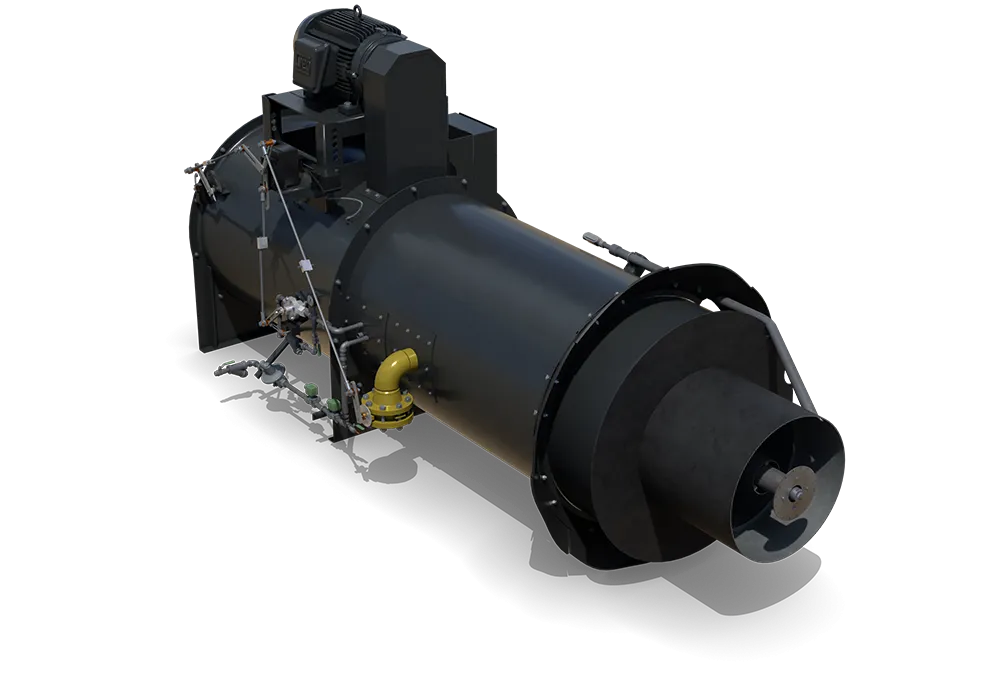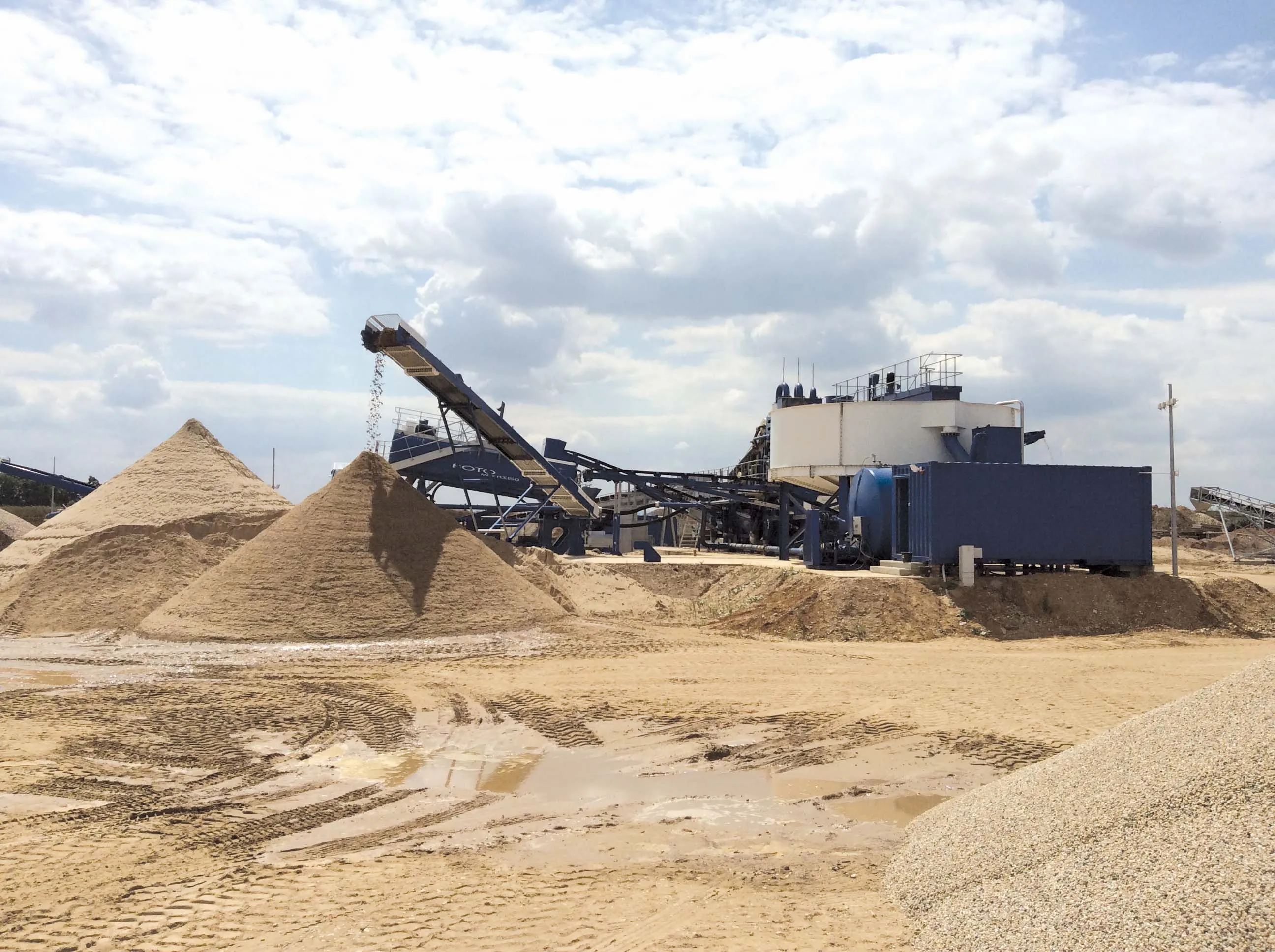
The firm says that its Versa Jet burner offers several advantages for retrofit applications such as a versatile platform that is able to fire at a range of different rates. This means that the burner can be configured to meet the specific production needs of an application. At the same time, the customer has the option to reuse an existing fuel train while the burner is said to offer compatibility with virtually all drum designs and without the need for complicated drum modifications. In addition, the Versa Jet burner has the ability to work with existing controls, while its novel platform permits quick setup.
The versatility of the Versa Jet burner means it can be easily relocated to a different plant if the need arises. Another advantage of the design is that the Versa Jet burner uses less energy than other comparable burners
Astec can integrate new burner systems and equipment into existing operations or with equipment from any manufacturer. In addition, Astec provides its retrofit customers with the same service available to complete new plants.
The firm claims that its burners offer the latest in reliable burner technology. With retrofit capabilities, Astec is able to offer everything from a simple burner replacement to a complete installed system.









